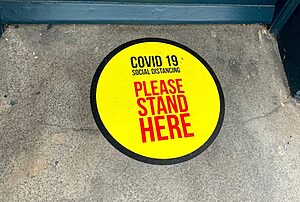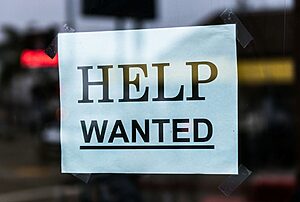Summarised by Centrist
With New Zealand’s economy struggling to regain momentum and voters growing impatient, both major parties risk appearing disconnected and unprepared to offer clear, compelling plans.
Prime Minister Christopher Luxon declined to discuss recent poor polling figures with his caucus, despite a slump that sees National trailing or neck-and-neck with Labour in major polls.
Labour leader Chris Hipkins has remained notably silent on the party’s tax policy, acknowledging a “consensus is emerging” but refusing to outline details ahead of the election.
“When will NZFirst break double digits, that’s the question”
— Holyhekatuiteka (@2ETEKA) August 11, 2025
“NZFirst started this year on 5, then they went to 6,7, 8 and now 9% in our poll”
Political Party membership in NZ is only a fraction of what was it was many years ago, when it was common place for people. That is… pic.twitter.com/bQhlTh598i
While internal polling continues behind closed doors, Luxon maintains his focus on “long-term plans” amid a sluggish economy still reeling from COVID’s aftermath and US tariffs imposed earlier this year.
Senior Minister Chris Bishop dismissed leadership speculation as “just silly” and insisted the government is committed to steady economic growth through measured policies rather than reactionary fixes.
Labour’s Finance spokeswoman Barbara Edmonds has admitted the party currently has no substantive cost-of-living policy, illustrating Labour’s lack of concrete solutions. Labour’s traditional opposition to taxing the family home remains, while both capital gains tax and wealth tax proposals linger in internal debate.
Hipkins’ reluctance contrasts with the Greens’ explicit calls for a wealth tax, but Labour’s leadership appears cautious after previous internal conflicts over taxation policy.



















